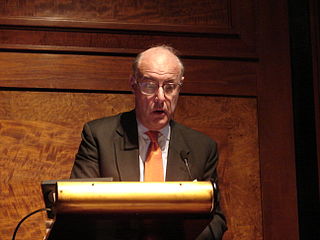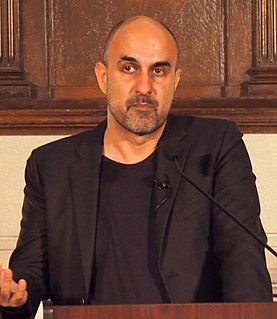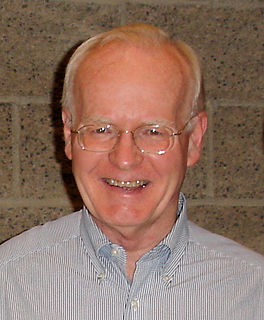A Quote by N. K. Jemisin
Actual Victorian mores and politics were a reaction to a specific series of historical events, technological and scientific developments, and ethical trends in which the commodification of people was de rigueur.
Related Quotes
Like sex, poverty and power, suicide may always be with us. But like them again, the actual form is takes is essentially time-specific and culture-bound, not only in the past but in the present too. The people who took their lives, the paths which led them to that end, and the experience of dying in this way were deeply influenced by specific historical circumstances. Only by making a greater effort at historical understanding can this most secret house of death be made to yield up more of its confidences.
There are dozens of writings outside of the Bible that verify the historical accuracy of many of the names of people, places, and events mentioned in the Bible. In fact, external sources verify that at least eighty persons mentioned in the Bible were actual historical figures. Fifty people from the Old Testament, and thirty people from the New Testament.
Back in the late '90s, a writer named Daniel Handler decided that kids books were too cheerful. I mean, all the "Harry Potter" series did was occasionally kill off major characters. Thus was born "A Series Of Unfortunate Events" and its mysterious author, Lemony Snicket. "A Series Of Unfortunate Events" is now a great new series on Netflix.
The first and probably most fundamental aspect of this crisis is that we are now close to the commodification of everything. That is, historical capitalism is in crisis precisely because, in pursuing the endless accumulation of capital, it is beginning to approximate that state of being Adam Smith asserted was 'natural' to man but which has never historically existed. The 'propensity [of humanity] to truck, barter, and exchange one thing for another' has entered into domains and zones previously untouched, and the pressure to expand commodification is relatively unchecked.
The ideals of technological culture remain underdeveloped and therefore outside of popular culture and the practical ideals of democracy. This is also why society as a whole has no control over technological developments. And this is one of the gravest threats to democracy in the near future. It is, then, imperative to develop a democratic technological culture.
Now, we don't get that many specific threats against sporting events, per se. But we know from listening to the chatter how terrorists want to attack iconic events. So whether it's a major Fourth of July celebration or the Super Bowl or the World Series, we assume that that is what they're targeting.
Twentieth-century developments in science support a new animism. Developments in physics have led to a world of energetic events which seem to be self-moving and to behave in unpredictable ways. And recent studies in biology seem to demonstrate that bacteria and macromolecules have elemental forms of perception, memory, choice, and self-motion.





































